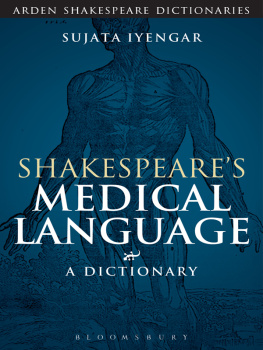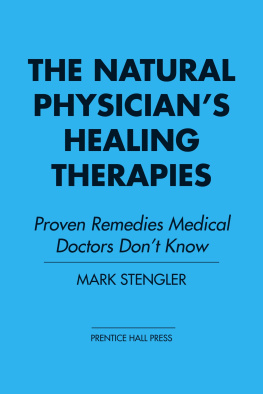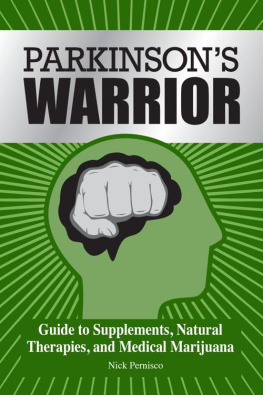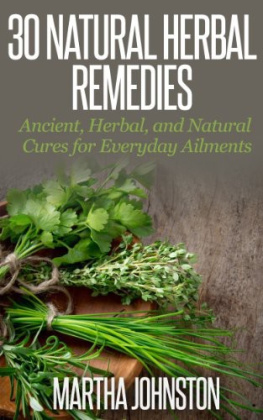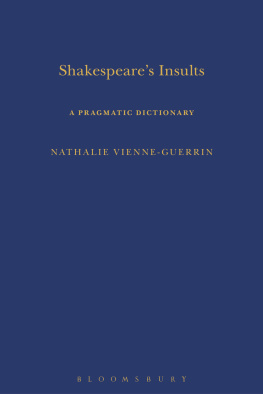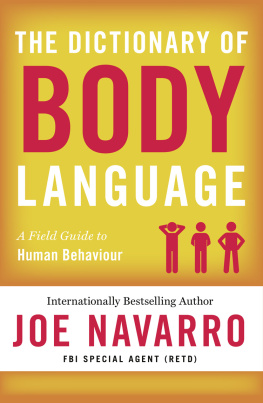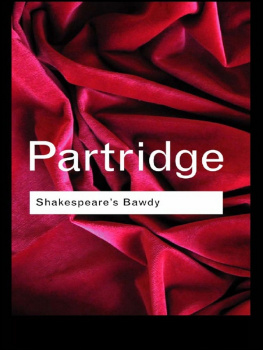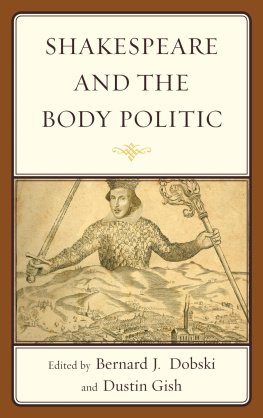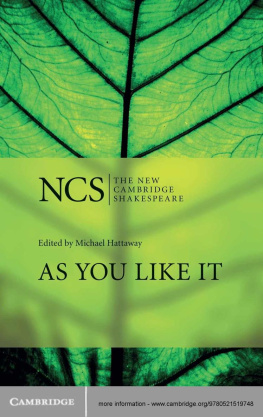Shakespeares Medical Language
A Dictionary
ARDEN SHAKESPEARE DICTIONARY SERIES
Series Editor
Sandra Clark (Birkbeck College, University of London)
Class and Society in Shakespeare | (Paul Innes) |
Military Language in Shakespeare | Charles Edelman |
Shakespeare and the Language of Food | (Joan Fitzpatrick) |
Shakespeares Books | Stuart Gillespie |
Shakespeares Demonology | (Marion Gibson) |
Shakespeares Legal Language | B.J. Sokol & Mary Sokol |
Shakespeares Medical Language | (Sujata Iyengar) |
Shakespeares Non-Standard English | N.F. Blake |
Shakespeares Plants and Gardens: A Dictionary | (Vivian Thomas and Nicki Faircloth) |
Shakespeares Political and Economic Language | (Vivian Thomas) |
Shakespeares Religious Language | R. Chris Hassel Jr. |
Shakespeares Theatre | Hugh Macrae Richmond |
Women in Shakespeare | Alison Findlay |
Forthcoming: |
Shakespeares Insults | (Nathalie Vienne-Guerrin) |
Shakespeare and National Identity | (Christopher Ivic) |
ARDEN SHAKESPEARE DICTIONARIES
Shakespeares
Medical Language
A Dictionary
SUJATA IYENGAR

Contents
To my parents,
Dr. Eshwar Narayan Iyengar and Dr. Mythili Iyengar,
who have spent their working lives
caring for patients on the NHS
Many people have helped me during the long process of researching and writing this book. I thank the following persons and institutions: at the University of Georgia, the University of Georgia Research Foundation, my department head Doug Anderson (who offered support both intellectual and practical, arguing with me about the provenance of mummy and generously taking over my administrat ive responsibilities himself so that I could finish this project), Valerie Babb (another kind department head who allowed me the necessary flexibility to take care of my own intervening medical concerns), Kris Boudreau, Christy Desmet (co-editor extraordinaire), Fran Teague (who filled my mailbox with apposite articles), Roxanne Eberle, Nelson Hilton (who as department head allowed me to travel to Edinburgh to begin research on this project), my administrative coordinator Laurie Norris (who fielded endless phone calls from students as I wrestled with the manuscript), Hugh Ruppersburg, my Dean; at other institutions, David Riggs (who said, Great idea!) and Bruce Smith (who said, You are just the person to do it); at Continuum, my extremely patient and helpful series editor, Sandra Clark, and the long-suffering production managers Anna Fleming and Colleen Coalter; and Murali and the team at Newgen Imaging in Chennai. I acknow ledge the Folger Shakespeare Library, for fellowship in all its senses, and the thoughtful staffs of the Radcliffe Science Library, the Bodleian, the Edinburgh University Library and the Wellcome, and my astonishing graduate and undergraduate students, especially Erin Christian, Victoria Farmer, Corey Goergen, Katie Grubbs, Christopher Holmes, Josh King, Allison Lenhardt, Sonya Loftis, Lian Peters, Polly Reid, Casey Westerman, Nikki Williamson, and Lauren Byrd (with whom I had especially lively and memorable discussions about purging, sex, deform ity, death, epilepsy, Paracelsus, perturbation, skin, brains, apoplexy, melancholy, kidneys, and herbal medicines, respectively). I was lucky enough to be able to correspond with many scholars via email as well as at conferences, and to receive virtual encouragement from around the world from my Facebook friends, for which I am very grateful: you know who you are! I extend special thanks to Maria Chappell and Sara Amis, for heroic alphabetizing and cite-checking and to Mollie Barnes and Amber Shaw for proof-reading assistance.
Finally, I thank my husband, Richard Menke, my children, Kavya Iyengar Menke and Kartik Iyengar Menke, my parents, Dr. Mythili Iyengar and Dr. E. N. Iyengar (to whom this volume is dedicated), and my in-laws, Karen Menke and Bruce Menke, and Doug Menke, Anna Lau, and Avery Menke, all of whom tolerated a great deal of abstraction in me (and several research trips) as I was completing the manuscript.
Any remaining absurd omissions, vulgar errors, or egregious impostures are, unfortunately, my own.
Arden Shakespeare Dictionaries aim to provide the student of Shakespeare with a series of authoritative guides to the principal subject-areas covered by the plays and poems. They are produced by scholars who are experts both on Shakespeare and on the topic of the individual dictionary, based on the most recent scholarship, succinctly written and accessibly present. They offer readers a self-contained body of information on the topic under discussion, its occurrence, and significance in Shakespeares works, and its contemporary meanings.
The topics are all vital ones for understanding the plays and poems; they have been selected for their importance in illuminating aspects of Shakespeares writings where an informed understanding of the range of Shakespeares usage, and of the contemporary literary, historical, and cultural issues involved, will add to the readers appreciation of his work. Because of the diversity of the topics covered in the series, individual dictionaries may vary in emphasis and approach, but the aim and basic format of the entries remain the same from volume to volume.
Sandra Clark
Birkbeck College
University of London
| Abhorson [abortion] |
| Abortive See also Abhorson [abortion], Hare-lip, Legs forward, Mole |
| Ache See also Bone-ache; Tooth-ache |
| Aconitum |
| Aesculapius |
| Agony |
| Ague |
| Alchemist, Alchemy, Alcumist See also Medcine Potable, Paracelsus, Tincture |
| Allicholy, Allycholly see Melancholy |
| Almshouse see Hospital |
| Anatomy, Atomy |
| Angelica |
| Apoplexy |
| Apothecary |
| Apple See also Eye |
| Aqua Vitae |
| Artery |
| Ashy |
| Atomy see Anatomy |
| Bald see Hair |
| Balm, Balsam, Balsamum |
| Barley-broth |
| Baths See also Tub-fast |
| Bedlam See also Crazed, Ecstasy, Frenzy, Hospital, Insane, Lunacy, Madness |
| Belch |
| Belly |
| Bladder |
| Blain See also Carbuncle, Itch, Kibe, Plague |
| Blind See also Eye, Eye-string, Pearl, Sand-blind, Web and Pin |
Next page
